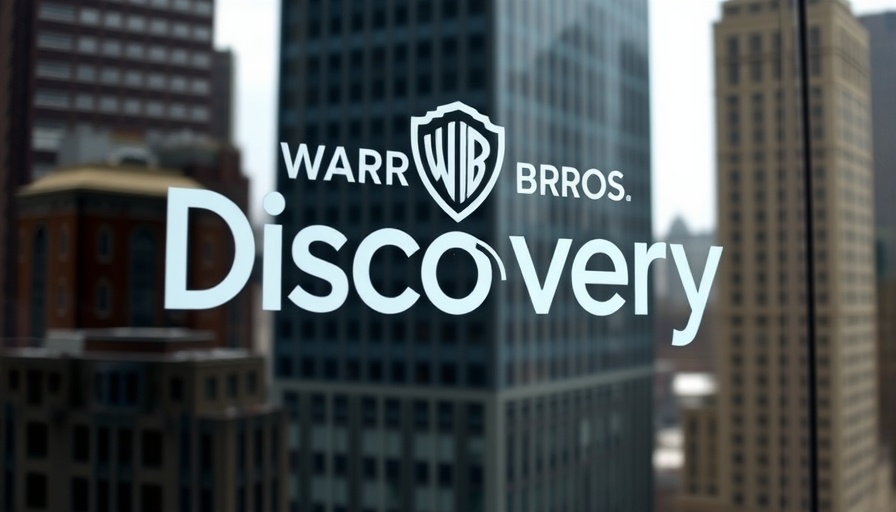
Warner Bros. Takes a Stand Against AI Image Generation
In an escalating battle over copyright infringement, Warner Bros. has launched a lawsuit against AI startup Midjourney. The entertainment giant claims that Midjourney has allowed users to generate unauthorized images and videos of iconic characters such as Superman, Batman, and Bugs Bunny. This legal action marks a significant moment as it highlights the tensions surrounding intellectual property rights in the age of artificial intelligence.
Understanding the Legal Implications of AI Usage
The lawsuit stems from allegations that Midjourney knowingly engaged in wrongful conduct by lifting restrictions on generating content using copyrighted images. Despite prior measures to curb such practices, the company is now facing criticism for what Warner Bros. describes as a lack of protection for copyright owners. The complaint mentions, “Midjourney has made a calculated and profit-driven decision to offer zero protection for copyright owners even though Midjourney knows about the breathtaking scope of its piracy and copyright infringement.”
The Broader Context of AI in Creative Industries
This case is not an isolated incident. In June, both Disney and Universal lodged similar claims against Midjourney, raising questions about the legality of using copyrighted characters to train AI models. Midjourney counters that training generative AI models with these works may fall under the fair use doctrine of U.S. copyright law, adding complexity to the ongoing debates about the limits of fair use in a rapidly evolving technological landscape.
Impacts on the Tech and Creative Landscape
As debates over intellectual property rights intensify, the developments in this case could set precedents for both the tech and entertainment industries. If courts lean in favor of traditional copyright holders, it could limit how AI companies operate, ultimately restricting the creative process for future innovations and artistic expressions. Conversely, a ruling favoring AI companies might allow a broader interpretation of creative AI that encourages new forms of artistic expression.
Future Predictions: How Will This Shape AI Developments?
Looking to the future, this legal battle could open up important dialogues regarding what constitutes fair use and how copyright laws must adapt to include emerging technologies. As AI continues its rapid evolution, stakeholders from various sectors must collaborate to reassess the legal frameworks governing content creation.
What This Means for Consumers and Artists
For consumers and artists alike, these developments hold significant implications. On the one hand, consumers may enjoy greater access to AI-generated content, integrating more unique creations into their daily lives. On the other, artists could face increased difficulty protecting their work as AI technology becomes more pervasive. The balance between innovation and protection is delicate and continues to be a topic of much scrutiny.
Call to Action: Engaging with AI and Copyright Issues
As these complex issues unfold, it’s essential for stakeholders—be it creators, lawmakers, or consumers—to engage in discussions that advocate for balanced solutions. Awareness and informed discourse will play a key role in shaping the future of AI within creative sectors. Follow the latest tech news to stay informed about developments that may impact your rights and ideas.
 Add Row
Add Row  Add
Add 



Write A Comment